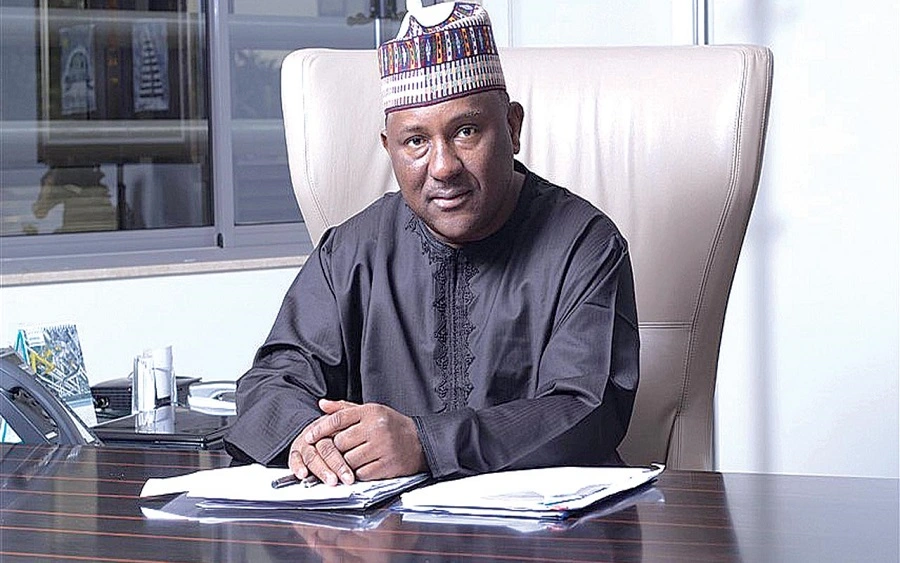In a notable endorsement of Nigeria’s recent economic direction, renowned industrialist and Chairman of BUA Group, Abdul Samad Rabiu, has declared that the country’s sweeping reforms are placing it firmly on the global economic map. Writing in the UK’s Daily Telegraph on Saturday, June 7, 2025, Rabiu urged Britain and its Western allies to take full advantage of Nigeria’s economic transformation by deepening trade and investment ties with Africa’s largest economy.
At a time when the global economy is shadowed by uncertainties reminiscent of the 1930s, Rabiu noted that nations are increasingly focusing on trade as a tool of foreign policy. Against this backdrop, he drew attention to the Enhanced Trade and Investment Partnership (ETIP) signed between the United Kingdom and Nigeria in 2024, the UK’s first such agreement with any African country. While the deal was not widely publicised at the time, Rabiu believes it could become a pivotal instrument in reshaping economic relations between Africa and the West.
With Nigeria accounting for roughly 20 percent of sub-Saharan Africa’s population, Rabiu described the country as a gateway to vast economic opportunities across the continent. He, however, acknowledged that past reliance on state intervention, including price controls, subsidies, and currency manipulation, had long held Nigeria back from achieving its full investment potential. He lauded the current administration’s decisive shift toward market-driven reforms as a long-overdue course correction.
Rabiu particularly highlighted the strategic removal of the petrol subsidy by President Bola Ahmed Tinubu as a turning point. He revealed that prior to the removal, petrol prices in Nigeria hovered between 25 to 30 US cents per litre, among the lowest globally, with the subsidy costing the federal government over 15 percent of its annual budget. To put this in perspective, he compared it to the scale of spending on the UK’s National Health Service.
Since its removal on President Tinubu’s first day in office, fuel prices have risen, triggering criticism and public discomfort. However, Rabiu insisted that the subsidy had become a distortionary drain on Nigeria’s economy, enriching fuel smugglers and neighbouring countries at the nation’s expense. He cited official data indicating a 40 to 50 percent drop in reported fuel consumption, not due to reduced domestic use, but because Nigeria had effectively been subsidising its West African neighbours through cross-border smuggling.
In a telling anecdote, Rabiu recalled a comment made by former Nigerien President Mohamed Bazoum, who jokingly thanked Nigeria for supplying cheap petrol, a statement that underscored the scale and openness of the illegal trade. With the removal of the subsidy, Rabiu said that funds are now being redirected toward critical sectors such as infrastructure, health, and education, investments that are crucial for sustainable development and inclusive economic growth.
He also pointed to a shift in Western policy, citing a recent statement by the UK’s Foreign Secretary, David Lammy, who signalled that Britain is transitioning from a traditional aid approach to one centred on investment. Lammy’s “trade-not-aid” strategy echoes the demands African leaders have long championed, a recognition that real growth lies in partnership, not dependency.
According to Rabiu, Nigeria is setting the pace for Africa in this new era. He praised the Tinubu administration for its resolve to implement difficult but necessary reforms, suggesting that the country is now better positioned to harness its immense natural resources, a youthful and growing population of over 200 million, and its strategic coastal location along the Gulf of Guinea.
In his view, the global community, particularly the UK and its private sector, should seize this moment to build deeper, mutually beneficial relationships with Nigeria. As Africa’s largest economy begins to chart a new course, Rabiu’s message is clear: the time to engage with Nigeria is now.

